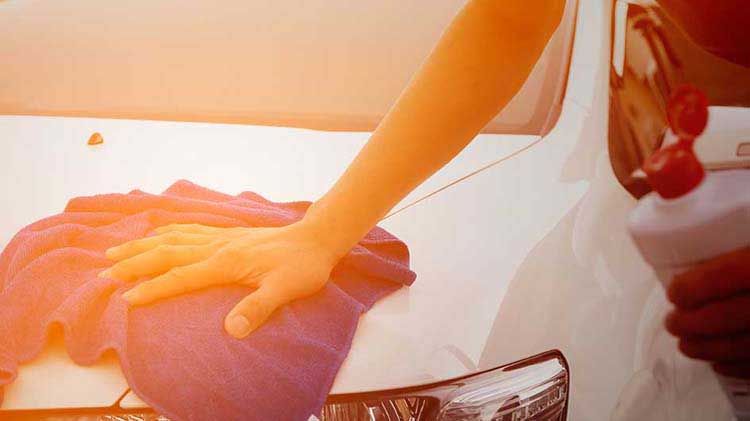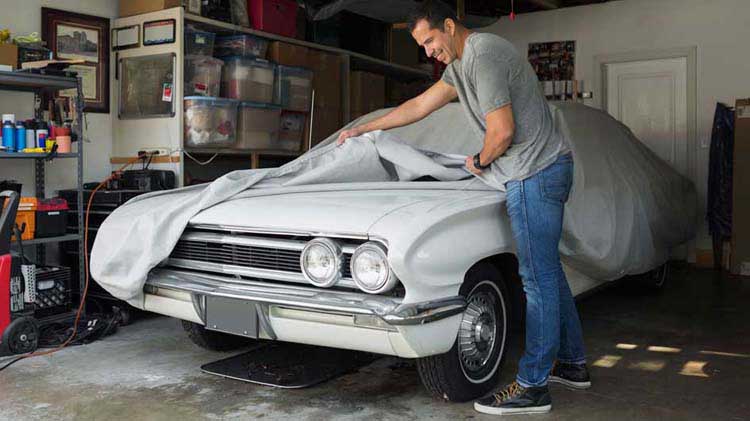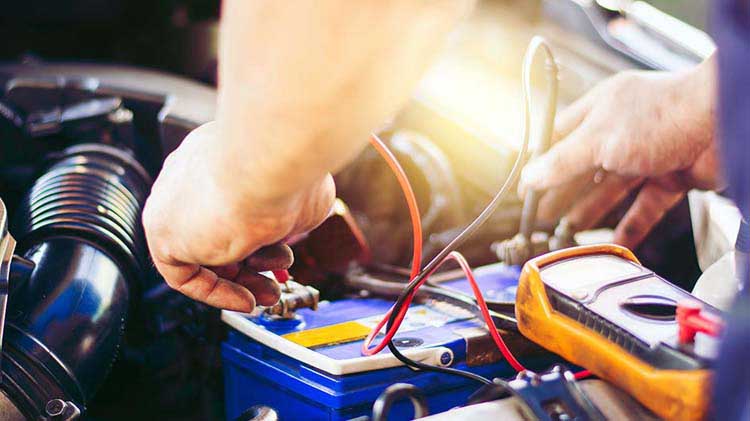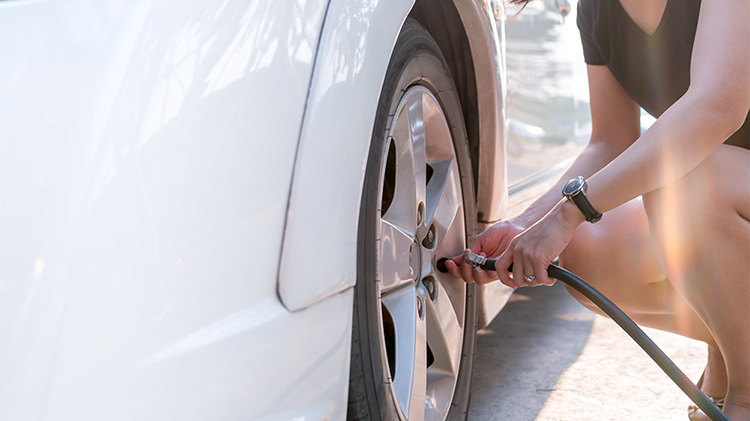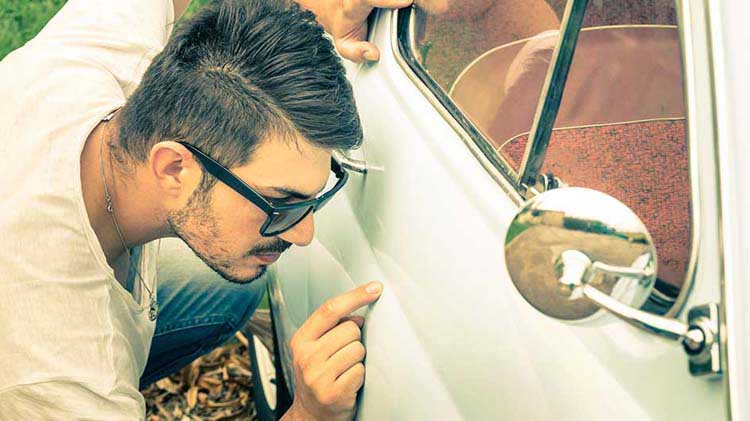Protect your car from the damaging effects of sun and heat
Sun protection is important to keeping your vehicle in ship shape. Here's how to do it.
What are some simple tips to protect your car from the sun?
The sun and heat can be very damaging to a car. During testing conducted at the State Farm® Vehicle Research Facility, interior air temperatures have been recorded well in excess of 145 degrees Fahrenheit. Interior surfaces exposed to direct sunlight had recorded temperatures in excess of 195 degrees Fahrenheit.
But it's not just the dashboard and seats you need to guard from the sun's dangerous rays. A car's finish and engine are also at risk. So whether you live in a warm climate year-round, or just need protection during the summer months, it's always best to be safe and prepared.
Car interior protection
- Park in the shade. It is the easiest form of protection. By avoiding direct sunlight, you'll help keep your dash from drying and cracking. If it's safe to do so, open the windows a crack to help lower the interior temperature and equalize the air pressure.
- Use a windshield sun protector. It's a way to keep your car cool and prevent sun damage. They may appear to be complicated to use, but these visors are actually quite easy to unfold and slide into place on your dash.
- Wipe dash with a microfiber cloth. Dust and dirt can cause tiny scratches that can become worse over time. Wipe down the dash frequently to remove all particles. A low-gloss detailing product will also protect it and reduce glare.
- Install seat covers. They not only protect leather and fabric seats, but they also help keep them cool.
- Protect leather seats with a conditioner. The sun and heat can really do a number on them. To help avoid cracks or tears, keep seats clean, and apply leather conditioner often.
Get an auto insurance quote
Want to protect your car?
Tips for the car exterior
- Wash and dry often. Sun and heat can fade and crack the paint. Frequent washing and hand drying help remove dirt and dust particles that can cause micro scratches and dull your car's finish.
- Wax your car. A layer of wax between your car's finish and the sun's ultraviolet rays is a great way to help protect it. How often does a car need a wax job? Answers vary based on the car, but it is generally best to wax cars on a regular basis.
- Check tire pressure. Hot pavement and underinflated tires can be a dangerous combination, and may lead to a blowout. Even good tires can lose about one pound of air pressure a month, so it's really important to check tire pressure often when it's hot. Make sure you follow your vehicle's manufacturer recommended tire pressure.
Under the hood
A little preventative car maintenance and simple upkeep can keep you on the road and out of your mechanic's garage.
- Cooling system. In order to help protect your engine from overheating, make sure it is in good working order. Have the belts checked and antifreeze/coolant drained. Change belts and fluids on a regular basis, as recommended by your vehicle's manufacturer.
- Fluids, in general. The possibility of overheating greatly increases when fluid levels are below recommended levels. Regularly check motor oil, transmission fluid, power steering fluid and brake fluid. If any need to be topped off, check your owner's manual about the types of fluids recommended.
- Battery. High temperatures and high accessory loads (use of the vehicles air conditioning) can cause it to wear out and fail quicker. Have the vehicle's battery and complete charging system checked regularly by a professional mechanic to make sure it's functioning properly.
- Air conditioning. If your car's interior temperature isn't cool enough, the refrigerant charge level in the air conditioning system may be low or there may be a more serious problem. Have it checked by a professional.
Be sure to stay cool and safe no matter how hot it gets.
